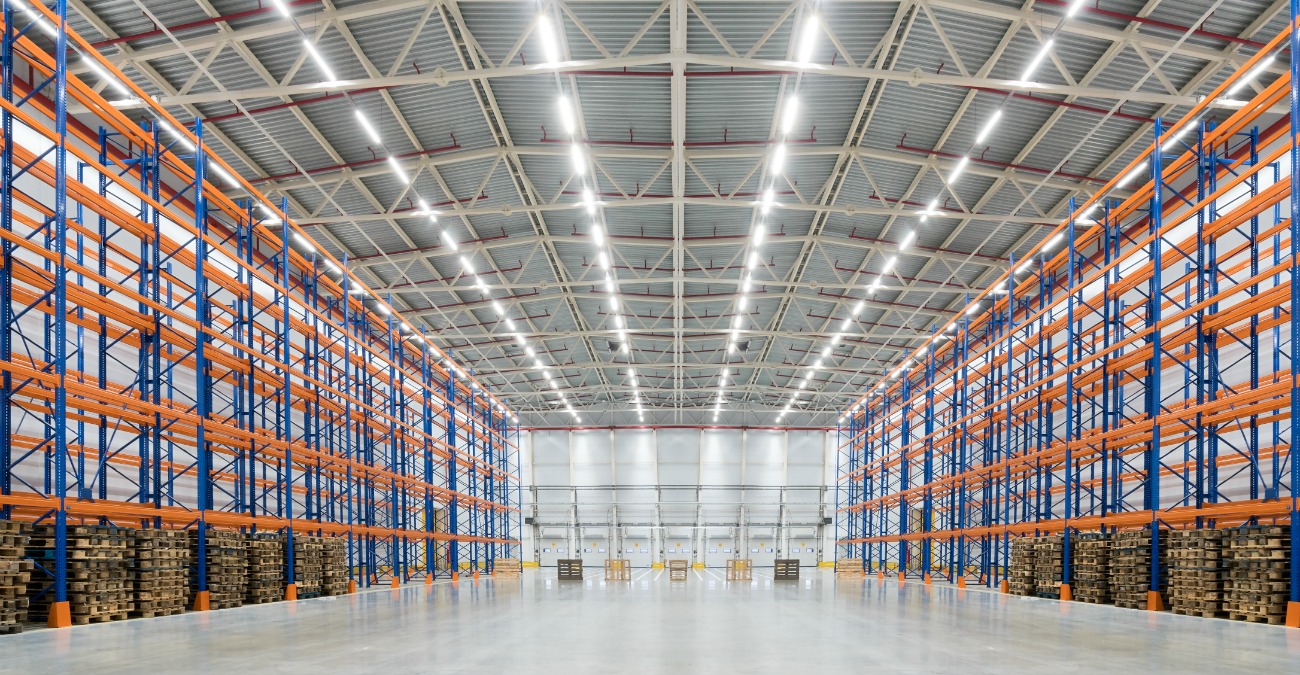Warehouse for Professional and Business Services in Kenya
If you have a business, chances are you need a warehouse. Warehouses come in many sizes and purposes, so it can be hard to find the perfect one for your needs. Here are some steps to follow when looking for a warehouse.
1) Find out what size of space you’ll need.
2) Find out if the space is climate controlled or heated/cooled.
3) Figure out what automation is available onsite.
4) Consider how easy it will be to get any machinery into the space.
5) Find out how flexible the terms of leasing are for your type of business.
6) Determine whether there’s adequate parking or onsite loading docks.
7) Consider if proximity to other businesses is important to you and whether they’re compatible with yours.
8) Look at the infrastructure, such as access points and roads around the building, which might affect accessibility during inclement weather or emergencies.
Find Out What Size Space You’ll Need
Before you start your search for a warehouse, figure out how much space you’ll need. You’ll need to know the dimensions of the space before you can start searching for one. You might want to consult with an expert or do some research to find out what size will work best for your needs.
Find Out If The Space Is Climate Controlled Or Heated/Cooled
Climate control is important for warehousing, as you’ll need to store different products at the right temperature. If the space is not climate controlled, you may require refrigeration units, air conditioning units, or dehumidifiers. Consider what your business needs before deciding on a warehouse.
If the warehouse has heating and cooling systems, it might be more expensive than if it’s not climate to heat or cool the building. Additionally, consider what you’ll need to invest to keep your product at the right temperature if it’s not climate controlled. For example, if you’re storing flowers in a summer-themed event space, that space will require air conditioning units even though it’s never too cold for this product to be stored.
Figure Out What Automation Is Available Onsite
If you have a warehouse, you might want it to be automated. This way, you can save a lot of time and money on labor costs. Automation is expensive so it’s best to find out upfront from the business owner what automation is available onsite.
In some warehouses, freight doors are automated so they open up without any assistance from a person. In other warehouses, robots move around on rails picking items for packing. In these warehouses, the robots will pack the items and transport them to packing stations or shipping docks. Finding out about these types of automation ahead of time will help you determine if the warehouse is worth your time and money.
Consider How Easy It Will Be To Get Any Machinery Into The Space
Most warehouses have a standard height clearance of 8 feet, but it’s important to know how easy it will be to get your equipment in, because you might want to fill the space completely or buy a warehouse with a loading dock.
If you need a warehouse that is accessible by truck and you don’t have a loading dock, make sure to factor in the cost of renting or buying one. If you plan on moving freight around the warehouse yourself, look for one with an easy-to-navigate layout.
It’s more expensive to build out onsite parking than to lease it separately from the building itself; if parking is important to your business, factor that into your decision.
Find Out How Flexible The Terms Of Leasing Are For Your Type Of Business
One of the most important aspects of finding a warehouse is figuring out what terms you’ll be leasing the space on. For example, if you’re unsure about how long you’ll need the space for, it might be best to lease for six months initially and then renew. This way you can see how well your business does before making a commitment to stay longer. For businesses that are set up for high volume orders, it may be better to rent on an annual basis since this will offer more flexibility in response times.
There are also other options besides renting or leasing. You can buy or build your own building! It’s worth considering these options if the lease costs are too high or if you don’t want to make a long-term commitment, but still want to have control over the building.
Determine Whether There’s Adequate Parking Or Onsite Loading Docks
There are many factors to consider when finding a warehouse for your business. But one factor that deserves special attention is the parking and loading docks available onsite. Ideally, you want your warehouse to have ample parking spots, especially if you have employees. You also want it to have loading docks so you can easily bring in materials for your business. If the warehouse is not located near a major road with easy access, you may also want to ensure there are alternate routes available near the property.
Consider If Proximity To Other Businesses Is Important To You And Whether They’re Compatible With Yours.
If you’re looking for a warehouse, it’s important to find one that’s near other businesses that might be compatible with yours. If you’re not sure what businesses would be compatible with yours, try to find out what other warehouses are in the area. If they have a similar industry, chances are they’ll also have a compatible warehouse for your business.
9) Find out how available parking is in the area around the building and whether parking is free or close by.
10) Determine if there are any regulations about the type of business you operate in your state.
[[1]]
Look At The Infrastructure, Such as Access Points And Roads Around The Building, Which Might Affect.
It might not seem important at first, but looking at the infrastructure around a warehouse can affect accessibility during inclement weather or emergencies. For example, if the warehouse is down a long, narrow dirt road with steep hills, it will be much more difficult to get to in case of an emergency. Or if the roads are very curvy and twisty, they will be hard to navigate during bad weather.
Keep this in mind when considering warehouses. These considerations might not seem as important as square footage or lease terms at first, but they can have a big impact on your business’s ability to function without interruption even if only for a day or two.








LEAVE A COMMENT
You must be logged in to post a comment.